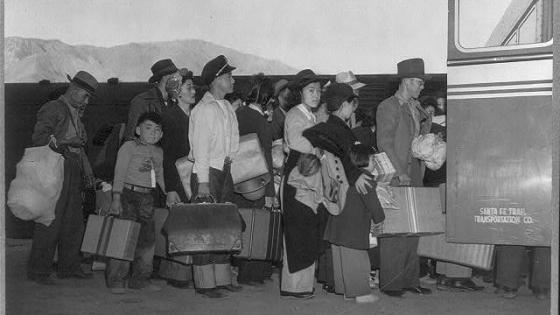DP8230 Managers' Mobility, Trade Status, and Wages
This paper investigates whether the arrival of managers with export experience, i.e. experience acquired through participation in the export activity of previous employers, is related to firms' international trade status and to what extent this relationship is of a causal nature. We construct a worker-firm matched panel dataset which enables us to track managers across different firms over time and observe firms' trading stance as well as a large set of workers' and firms' characteristics. Contrary to blue and white collars, we find that managers are paid a sizeable premium for export experience which has both a level and a trend component. Conditioning for the firm past trade status, we find that a one standard deviation increase in the firm's share of managers' with export experience corresponds to about 35% more chances of starting to export. The impact is stronger for larger firms and is roughly of the same order of magnitude of the firm productivity effect. On the contrary, export experience acquired by managers from previous employers positively affects the capacity to keep exporting in small firms only. To give a causality flavor to our findings, we use in a final step an IV strategy that mimics a random matching between managers with export experience and firms. IV estimations indicate that export experience matters even more for entry while it has no effect on exit.

